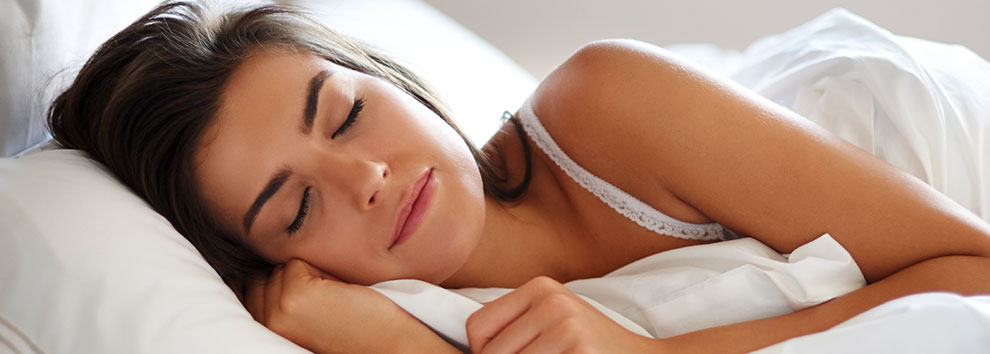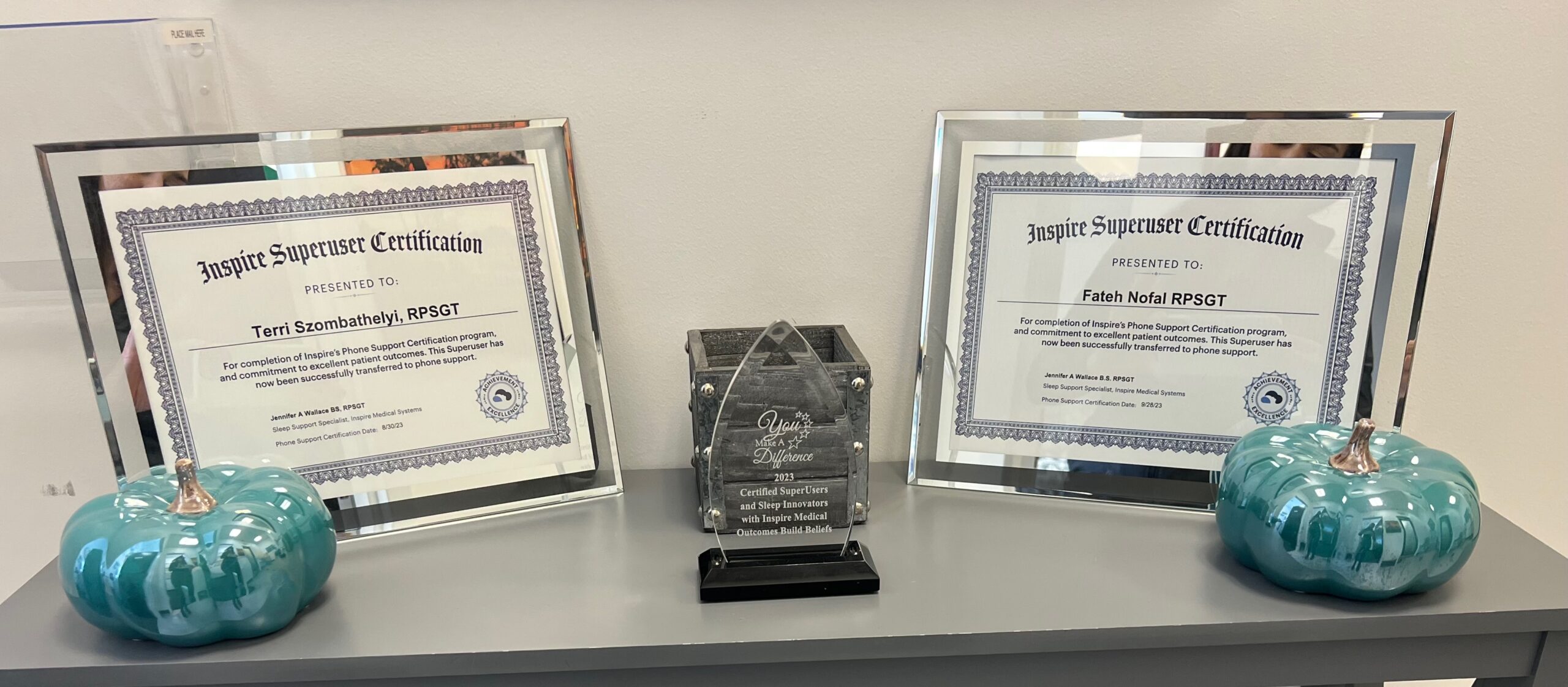Sleep Apnea Evaluation, Treatment, and Sleep Lab

Dr. Boole is Board Certified in Otolaryngology with the subspecialty of Sleep Medicine and a member of the American Academy of Sleep Medicine. He is one of only a handful of Otolaryngologists in the country that is.
Our Sleep Technicians at Northwest Florida Sleep Lab have received their Inspire Superuser Certification.
Here is a video from Dr. Boole to explain more, click on the title:
Video by Dr. Jason Boole about Sleep Apnea click here

What is Sleep Apnea:
Obstructive Sleep Apnea (OSA) is caused by an obstruction of the airway while sleeping. This obstruction may come from the soft palate, tonsils, base of tongue or soft tissue of the neck. People may have snoring or actual breathing pauses. The blood oxygen levels drop and the patient has an arousal caused by the brain stimulating the body to overcome the obstruction and breath. This leads to poor sleep that is not restful and chronic long term tissue damage to the brain, heart and other systems. Untreated OSA may increase the risk of high blood pressure, heart arrythmias, dementia, stroke, and more.
The good news is that OSA is very treatable.
Causes:
While sleeping, the airway in the throat may become partially or fully blocked, which may be caused by the following:
- Large tongue and tonsils compared to the opening in the windpipe
- Obesity
- Throat and tongue muscles that are much more relaxed than normal
- Aging, which may limit the brain’s ability to keep throat muscles stiff during sleep
Diagnosis:
Sleep apnea may be diagnosed by a physical examination, review of family and medical history, and a sleep study.
Most patients can now be diagnosed with a Home Sleep Study. A device is worn on the forehead while the patient sleeps in their own bed. At NWFENT we use a device called a Watchpat. Here’s the instructional video: Instructional Video Home Sleep Study
Occasionally, patients may be sent to our sleep lab for a formal polysomnogram (PSG). A PSG records brain activity, eye movements, heart rate, and blood pressure. It also records the amount of oxygen in the blood and air movement in the lungs during breathing and snoring.
Types Of Sleep Apnea
Obstructive Sleep Apnea
Obstructive sleep apnea (OSA) is the most common form of sleep apnea. It occurs when the soft tissue at the back of the throat closes, blocking or obstructing the airway.
Central Sleep Apnea
The airway remains open in central sleep apnea, but the brain does not send signals to the muscles involved in breathing.
Mixed Sleep Apnea
Mixed sleep apnea combines aspects of the obstructive and central types of apnea. A common warning sign of sleep apnea is snoring, especially when it is interspersed with gasps or lack of breathing.
Treatment
Continuous Positive Airway Pressure
A continuous positive airway pressure (CPAP) machine uses a mask that fits over the mouth and nose. The machine supports the airway with pressure and prevents collapse while the patient breaths normally.
Oral Appliance Therapy
A custom mouth piece that brings the jaw forward and thereby brings the base of tongue forward and opens the airway. This is an alternative for some patients that do not tolerate CPAP or desire to avoid it if possible. Because these appliances can be expensive, we produce a customized diagnostic splint. This is a quick process that allows for a trial of Oral Appliance Therapy with low expense. A home sleep study may be performed with the diagnostic splint in place to be certain this form of therapy is effective. If so, the patient may then proceed with a formal custom appliance.
Surgery
There are some instances where surgery may be helpful. Other times, surgery may improve nasal airflow in order to allow better tolerance of CPAP.
Weight loss
Most patients will either eliminate or significantly reduce their sleep apnea by reducing their weight.
Positional therapy
Occasionally, obstructive sleep apnea may be controlled with specialized body pillows that prevent the patient from sleeping on their back.
Complications:
The frequent drops in blood-oxygen levels and reduced sleep quality caused by sleep apnea can trigger the release of stress hormones that may cause serious complications. Left untreated, sleep apnea can cause headaches, daytime fatigue and memory problems. More serious complications may include:
- High blood pressure
- Heart arrhythmia
- Heart attack
- Stroke
- Driving accidents and fatalities
Sleep apnea can be diagnosed and effectively treated. A doctor should be consulted for the best treatment option.
Instructional PowerPoint Video by Dr. Jason Boole, ENT
Please click the LINK to view the video:

